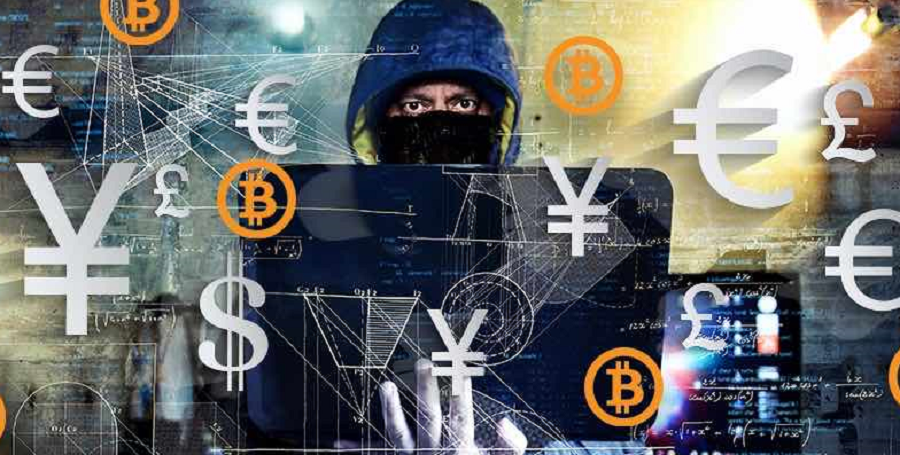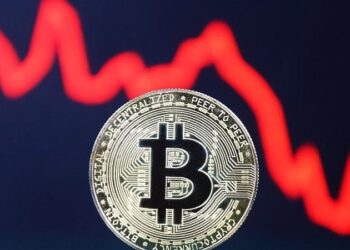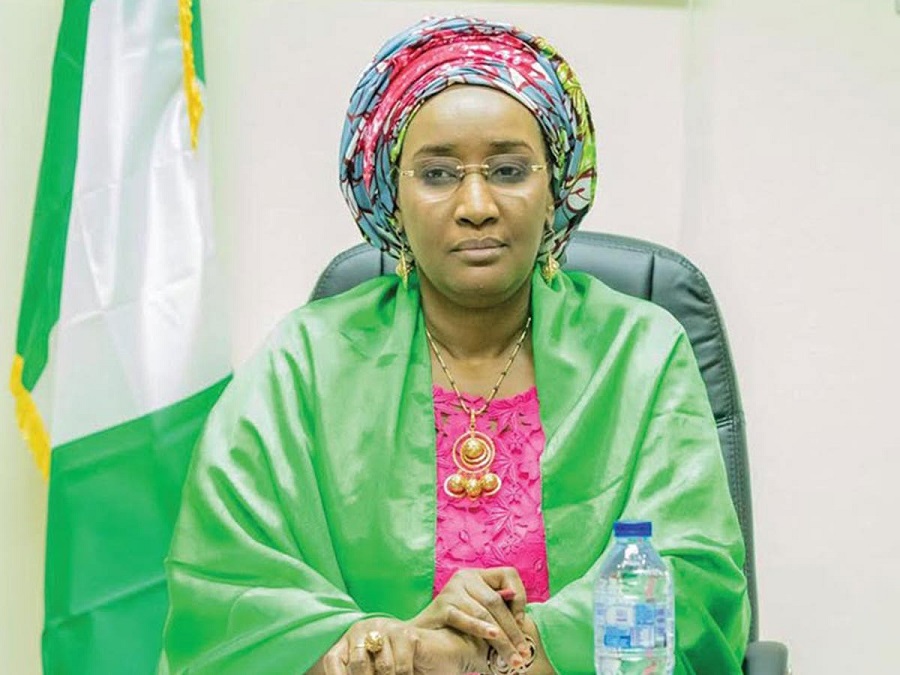BTC robbers seem to be having a field day in recent times. Barely four years after some BTC robbers stole 119,756 Bitcoins from crypto exchange Bitfinex in 2016, the robbers have moved $7 million worth of BTCs to unknown wallets. This happened just some hours ago.
According to a series of tweets, yesterday, by the advanced crypto tracker Whale Alert, wallets linked to Bitfinex’s 2016 security breach have moved 620 Bitcoins (BTC) — worth roughly $7 million at the time of writing — in over 4 transactions.
The biggest loot of the four transactions was 308.43 BTC (3,491,285 USD) of stolen funds transferred from Bitfinex hack in 2016 to an unknown wallet.
READ MORE: Bitcoin thieves move 3,897 BTC worth $42 million in 1 hour
⚠ 308.43 #BTC (3,491,285 USD) of stolen funds transferred from Bitfinex Hack 2016 to unknown wallet
— Whale Alert (@whale_alert) August 3, 2020
Recall about a week ago, Narametrics broke the news on how BTC thieves in less than 48 hours stole 3503 BTC worth $38.5 million. This is more than the 119 756 BTC stolen in 2016.
Back story: In 2016, a top official at Bitfinex, in a statement credited to Reuters, disclosed that 119,756 Bitcoins were stolen from users’ accounts. To date, the BTC robbers responsible for these heists have only been able to move only 1-2% of the funds from the exchange.
READ ALSO: Bitcoin surges pass $11,500, BTC wallets activity hit 2.5 year high
The world’s flagship currency is trading above the strong resistance level above $11,200 with a market capitalization of about $208 billion.
How easy is tracking BTCs? It should be noted that Bitcoin is not really anonymous because all BTC transactions are kept permanently and publicly on the blockchain or ledger system, so it’s very easy for anyone to see the transactions and balances of any BTC address.
What this means: Blockchain security and security agencies have flagged the BTC wallets containing the stolen BTCs, making it very difficult to move the 119,756 BTC without being noticed.























